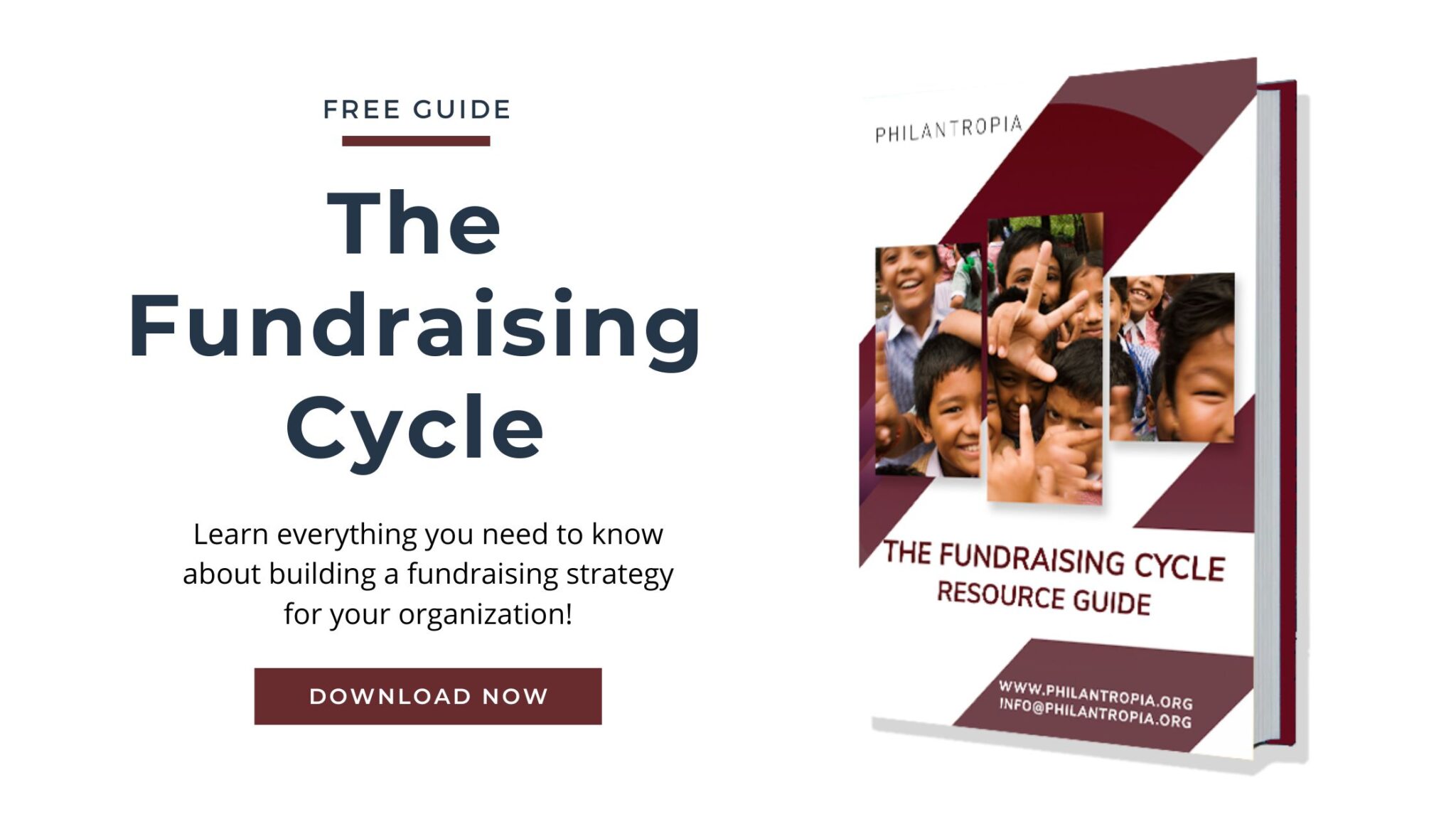Donor research is a crucial part of the fundraising cycle. During this phase, you find out who is out there, willing to fund your project and what will be the next steps in your fundraising process. But sometimes it is not easy to get started with it.
How do you begin, when there are so many donors out there?
In this article, we give you three pointers as to where and how to start your donor research.
Use your network
A big mistake many NGOs make when starting their donor research is not to use their existing network. Asking people that work in a similar area, if they can point you in the direction of a potential donor is the easiest, and many times the most effective step of donor research.
You can talk to people who work in the same geographical or topical area as you do, to government officials, or to your former donors. Even if they are not able to support you again, they will always be more than happy to supply you with information about future opportunities, as they want to see your project flourish in the long term. This is one of the reasons, why it is always helpful to maintain a good relationship with donors, even after the project is finished.
Research likeminded organizations
A great way to get started on your donor research is to just check the websites of like-minded organizations to find out, who is funding them. This does not necessarily mean, that you can get a grant from the same organizations, but it is at least worth a shot. Maybe they offer reoccurring programs that you could apply to as well, maybe they are looking for more organizations to partner with – you never know. Understanding the donor landscape in your field is very important, to be able to do good donor research, and knowing who is funding your “competition” is crucial.
If likeminded organizations do not openly share the information about their donors on their homepage, also make sure to check their social media profiles and their annual reports. They hold a lot of crucial information. If the organization is registered in the US, the 990 Tax form also provides a lot of information about funding sources.
Use Google
Even though a google search might offer overwhelming results, it can be a good start. If you just put your area of work, your country or region and the word “funding” in the search engine, you will already find some very useful results. Try the same with “small grants”, “grants” or “funding opportunities”. These combinations will already give you a wide range of pages to check and click through. This way, you will not find every opportunity that exists, but you will find some, and this can be a start for your donor research process.



